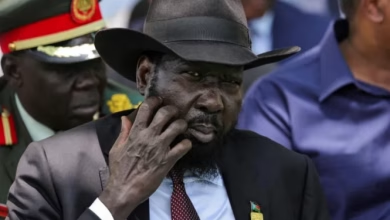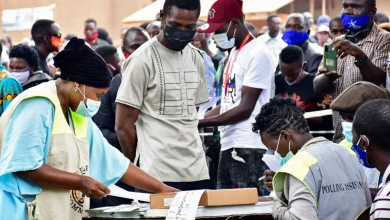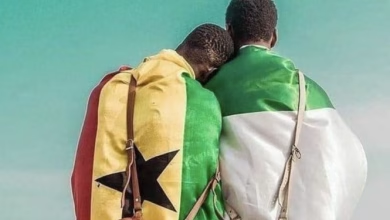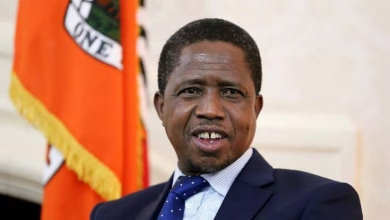Tanzanian Police Intensify Action Against Planned Opposition Rally
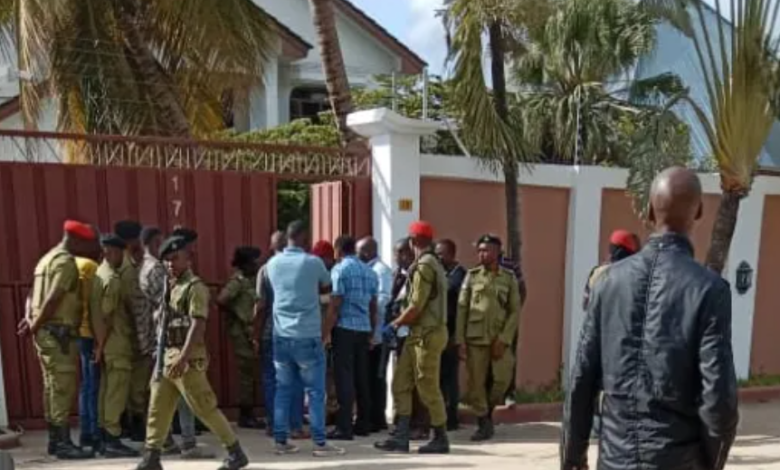
- Chadema leaders were arrested before a planned protest in Tanzania.
- Police blockaded the homes of Freeman Mbowe and Tundu Lissu.
- Lissu reported heavy police presence prior to his arrest.
- Mbowe insisted the protest would be peaceful.
Tanzanian police have taken decisive action against a planned protest organized by the main opposition party, Chadema, leading to multiple arrests. On Monday, key party leaders were apprehended, and additional arrests occurred in the Magomeni area of Dar es Salaam as protesters began to assemble. The rally aimed to draw attention to alleged killings and abductions of government critics, highlighting growing tensions between the opposition and the ruling authorities. The crackdown has raised concerns about the state of political freedom and civil rights in the country.
The recent crackdown by Tanzanian police has heightened concerns about a resurgence of political repression in the East African nation, particularly with local elections approaching and a national vote scheduled for next year. Video footage shared by Chadema on X captured the moment when party chairman Freeman Mbowe was arrested as he arrived to lead a peaceful protest.
In another alarming development, police were seen outside the residence of deputy chairman Tundu Lissu shortly before he was also taken into custody. Authorities have reported that a total of 14 individuals were arrested, including both Mbowe and Lissu, for allegedly violating a ban on the protests. This escalation of police action against opposition leaders has sparked fears about the state of political freedom and civil rights in Tanzania.
Prior to the arrests, Tanzanian police were seen surrounding the homes of Chadema leaders Freeman Mbowe and Tundu Lissu. Lissu, who narrowly escaped an assassination attempt in 2016 after being shot 16 times, reported on social media platform X that three police vehicles filled with officers in riot gear were stationed outside his residence. He stated, “They’ve informed me I’m directed to be taken to the Regional Crimes Officer. I’m getting ready to go.”
Over the weekend, Dar es Salaam’s police chief, Jumanne Muliro, issued a warning that the planned rally would disrupt public order and vowed that officers would take stringent measures to prevent it. In preparation, riot police equipped with water cannons were deployed across key areas of the city starting Saturday, signaling a heightened level of police readiness to suppress any protests. The atmosphere remains tense as opposition leaders face increasing scrutiny from authorities.
Chadema has accused President Samia Suluhu Hassan’s government of reviving the repressive tactics reminiscent of her predecessor, John Magufuli. Since taking office in March 2021 after Magufuli’s sudden death, Hassan initially indicated a shift toward a more open democracy by easing restrictions on opposition rallies and the media.
However, the opposition party now claims that security forces are behind the recent disappearances of several members, as well as the brutal killing of senior party official Ali Mohamed Kibao, who was reportedly doused with acid and beaten to death last month. In a speech broadcast on X, Chadema chairman Freeman Mbowe affirmed the peaceful intentions of the planned protest, stating, “We are neither carrying any weapons nor planning to violate the peace as some people allege. We have seen the deployment of armed police officers in the city, but we are ready to face them.”
During Chadema’s previous attempt to hold a rally in August, police arrested hundreds of supporters. This ongoing repression has drawn condemnation from human rights organizations and Western governments, including the United States, which have labeled the actions as “antidemocratic.” These arrests have heightened concerns about the state of political freedoms in Tanzania, especially as the country approaches upcoming local and national elections. The crackdown on opposition rallies is seen as part of a broader pattern of suppressing dissent and limiting democratic engagement.



